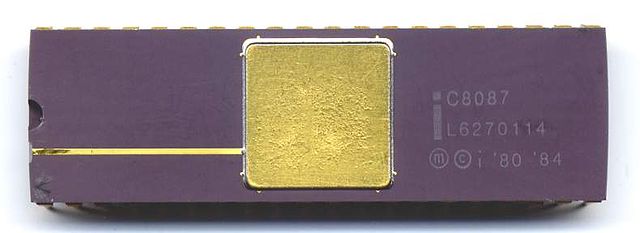Infinite photos and videos for every Wiki article ·
Find something interesting to watch in seconds
Wars and Battles
Rare Coins
Celebrities
Animals
Countries of the World
History by Country
Best Campuses
British Monarchs
Wonders of Nature
Crown Jewels
Great Cities
Recovered Treasures
Kings of France
World Banknotes
Ancient Marvels
Presidents
Tallest Buildings
Largest Palaces
Orders and Medals
Famous Castles
Richest US Counties
Largest Empires
Great Artists
Supercars
Sports
Great Museums
more top lists


